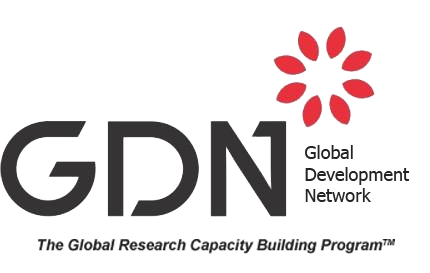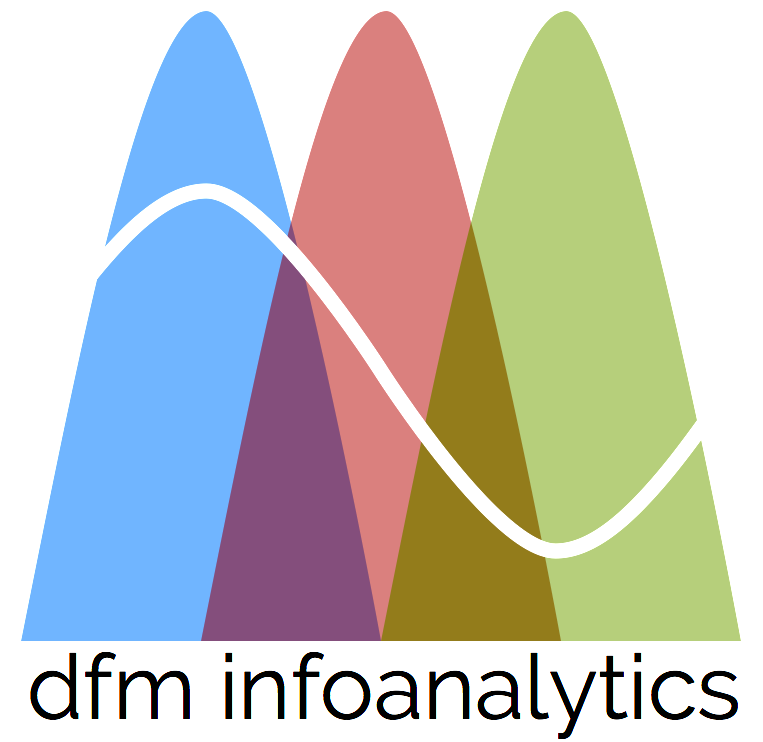
About
THE IMPULSE MODEL
Impulse Model (formerly known as Meghalaya Model) is an internationally acknowledged, holistic method to address human trafficking by engaging the necessary stakeholders to work in collaboration to strengthen each others’ work. Each of the stakeholders (including government departments and law enforcement agencies, civil society organizations and media) has their own mandate under the Impulse Model and are connected to each other through Impulse Case Management Centre. The stakeholders working in close coordination with each other ensures that there will not be overlapping of efforts and resources, making the stakeholders’ work become more effective. The Impulse Model’s case management system follows the following elements, called the 6 R’s: Reporting, Rescue, Rehabilitation, Repatriation, Re-integration and Re-compensation. Each of these elements in case management is crucial and must be conducted with efficient, victim-friendly procedures, engaging the necessary stakeholders in the process. Therefore, to provide holistic anti-human trafficking response and effective case management, the tools of 6 P’s are necessary: Partnership, Prevention, Protection, Policing, Press and Prosecution.
Background to the Impulse Model
The Impulse Model was conceived by Hasina Kharbhih, founder of Impulse NGO Network. In the 1990’s, Impulse NGO Network team came to realize the magnitude of human trafficking in Meghalaya, while working among the communities – many people, especially children, had gone missing after being lured with promises of education and job opportunities in bigger cities.
Understanding the urgent vulnerability of the deprived children, Impulse took an immediate action to conduct a needs-assessment study to understand the situation of underprivileged children. Impulse NGO Network organized weekly outreach programs for children at various ‘sourcing’ points, offering nutritional supplements. Impulse NGO Network team and several volunteers spent time with the children, discussed their needs, taught them about their basic rights and provided non-formal education. Impulse NGO Network created a data bank with details of each child, which helped in keeping track of their movements. The regular interaction with the children revealed valuable information on fly-by-night recruiters, their modus operandi and children already gone missing.
Moreover, Impulse NGO Network established the Impulse Case Management Centre (ICMC) to record, compile and keep track of all relevant information on human trafficking cases reported to Impulse Case Management Centre. The Impulse Case Management Centre became the central hub for up-to-date information on the human trafficking situation in the state, working as a hub for all the stakeholders. The process of bringing the expertise and resources of the various stakeholders systematically together started to show significant success – the case management became fast and reliable. Because of a clear division of mandates, all the stakeholders could conduct their specific mandate effectively, without overlapping of efforts and resources with other stakeholders.
The successful results of the anti-human trafficking process in Meghalaya were noticed by various national and international institutions. It was noticed, that the process would highly benefit other states and countries in the region to provide strong anti-human trafficking response. Therefore, the procedure in Meghalaya was documented, named first Meghalaya Model, to provide proven successful good practice model for others to follow.
Impulse Case Management Centre

Impulse Case Management Centre (ICMC) is the heart of the Impulse Model, being responsible that all the human trafficking cases reported to the network of stakeholders are managed appropriately, following the procedure of 6 R’s – Reporting, Rescue, Rehabilitation, Repatriation, Re-Integration and Re-Compensation. ICMC records, compiles and keeps track of all relevant information on human trafficking cases. ICMC created a case database system that is continuously shared with the Anti-Human Trafficking Units (AHTUs) set up by Government of India, as well as with other stakeholders, to provide updated information on human trafficking cases and suspected human traffickers. This has resulted in overall increased reliability and efficacy of response to human trafficking and strengthened the anti-human trafficking network through increased and continuous communication.
Hence, ICMC works towards that all the trafficking victims are traced and rescued. After which, ICMC focuses on the needs of the trafficking survivor, including legal support network, services such as a victim-protection, post-rescue livelihood/vocational training, counselling and medical care. For successful management of each of these steps, assistant and support of different stakeholders are required. Therefore, ICMC uses also all the 6 P’s of the Impulse Model – Partnership, Prevention, Protection, Policing, Press and Prosecution, to be in the position to manage the human trafficking cases effectively, providing a holistic anti-human trafficking approach.

Impulse Case Management Centre Software
Basics of the ICMC Software
- The idea of creating an AHT Software evolved, when the number of human trafficking cases in the Impulse Case Management Centre Database was becoming hard to manage manually. Impulse Case Management Centre recognized that also the Anti-Human Trafficking Units of India crucially needed an AHT Software for systematic documentation of human trafficking cases.
- The Software will provide the Anti-Human Trafficking Units a fast and systematic communication channel across the country to share case information, documents, and updates on the human trafficking cases. All the Anti-Human Trafficking Units have their specific user account in the AHT Software, enabling them to see only the cases that they have registered or cases that have been referred to them. This ensures that necessary confidentiality and privacy standards are followed.
- Moreover, the Software is automatically colliding statistical information on high prevalence source and destinations areas for human trafficking, the trafficking methods and routes, along with general profile of human trafficking victims and traffickers.
- The Software is currently under finalization and it will be launched shortly in the 8 states of North East India, free-of-charge. The Software will also be revised to be suitable to be available for Myanmar Anti-Human Trafficking Forces. Therefore, the Software will provide both national and international communication channel for Anti-Human Trafficking Units to share information and collaborate in human trafficking cases.
Background
All the humantrafficking cases reported to ICMC, are recorded to the database using standardized formats. ICMC ensures the constant update of the case files by contacting the stakeholders of the specific case, enquiring news as well as informing the stakeholders on the progress of the cases.
Through this database system, the ICMC has become the hub of AHT-related real-time information. This has resulted in overall increased reliability and efficacy of response to human trafficking, and strengthened the anti-human trafficking network through increased and continuous communication.
Thus the Model, through the ICMC, acts as a centre of information: a) as a comprehensive database; b) as a referral system linking various stakeholders as per the need of the victim; c) as a capacity-building tool for the stakeholders on maintaining and sharing information, through the ICMC; and d) improves the collaboration and coordination among the stakeholders.
Objectives of the ICMC Software
The ICMC Software provides the needed national and international link for the Anti-Human Trafficking Units to collaborate in reporting and sharing information on human trafficking cases.
The ICMC Software enables :
- Systematic case documentation for cases of human trafficking
- Fast and continuous communication among Anti-Human Trafficking Units nationally and internationally
- Centralization of required formats and toolkits for Anti-Human Trafficking
- Centralization of stakeholder’s contacts
- Platform for statistical information on human trafficking trends nationally and internationally
Features of the Software
An important element of the software is that although it is accessible to all Anti-Human Trafficking Units, the details of each case are password protected and only the relevant units involved in an individual case can see details of that particular case.Therefore, only those who have reported a specific case, and those to whom the case has been referred to, are able to view the information on the specific case.
Case File Format of the ICMC Software
The ICMC Software registers information on :
- Victim’s personal details
- Family background
- Information on Disappearance
- Suspected Trafficker
- Suspected Trafficking Route
- Investigation Information
- Information on Tracing the Victim
- Rescue Operation
- People Arrested
- Rehabilitation Process
- Repatriation
- Re-integration
- Prosecution

